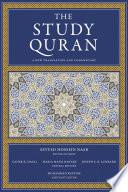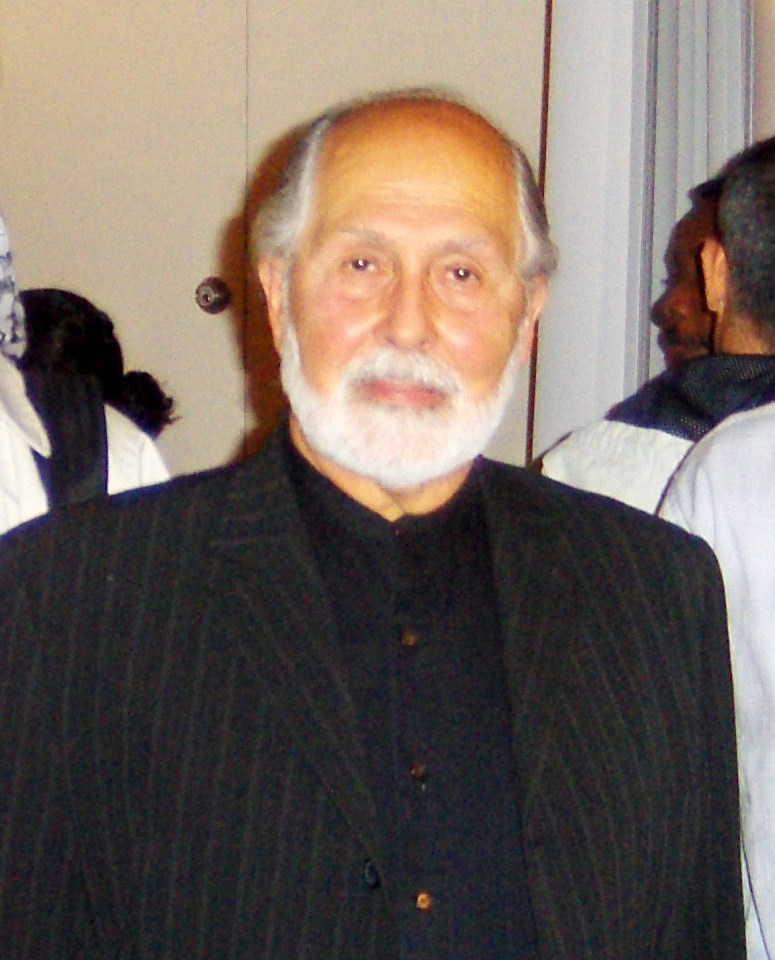Works

The Study Quran
Seyyed Hossein NasrFamous Seyyed Hossein Nasr Quotes
The Study Quran: A New Translation and Commentary https://books.google.com/books?id=GVSzBgAAQBAJ&printsec=frontcover (2015)
The Study Quran: A New Translation and Commentary https://books.google.com/books?id=GVSzBgAAQBAJ&printsec=frontcover (2015)
On the Study Qur'an (2015). "Introduction". The Study Quran. HarperOne.
